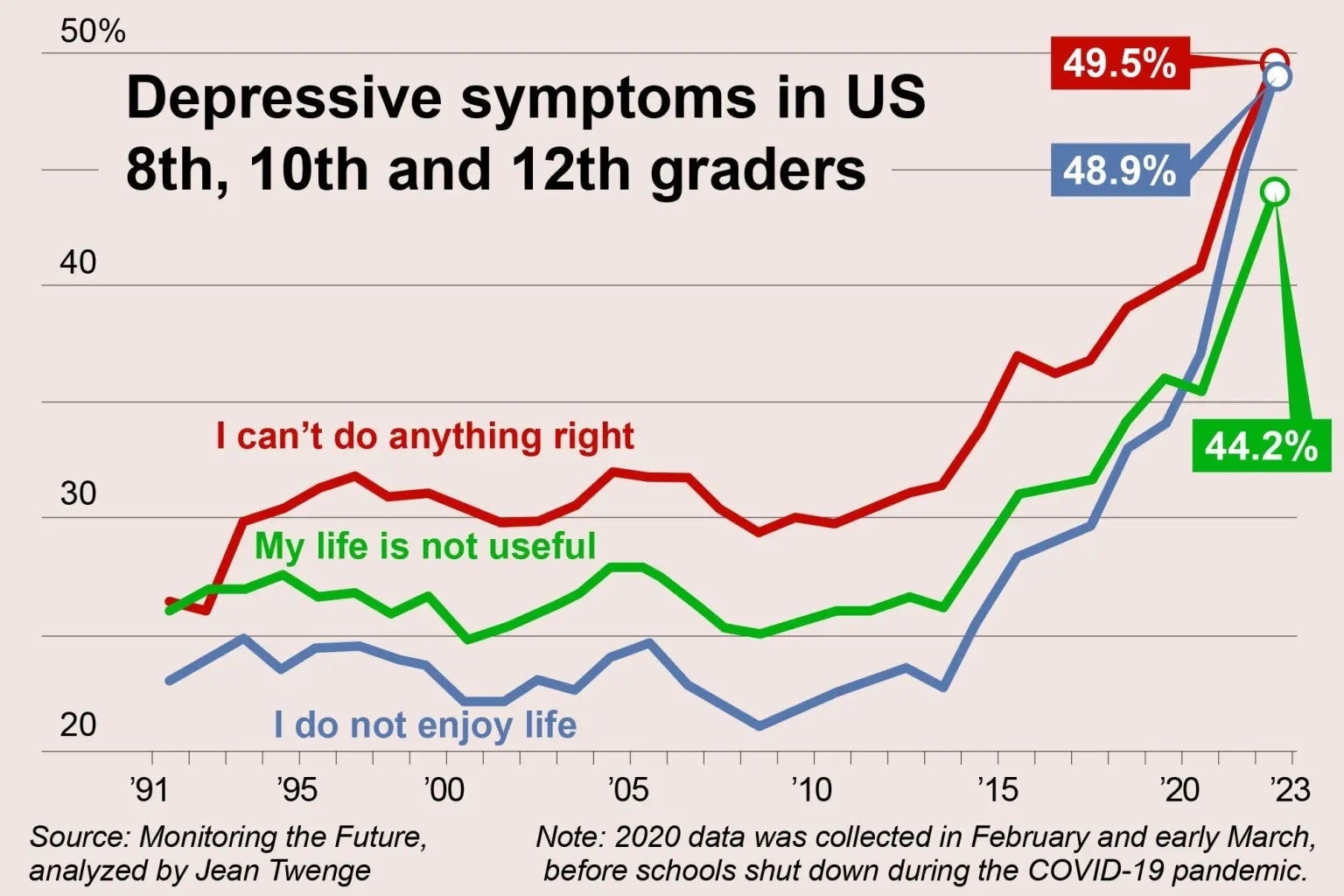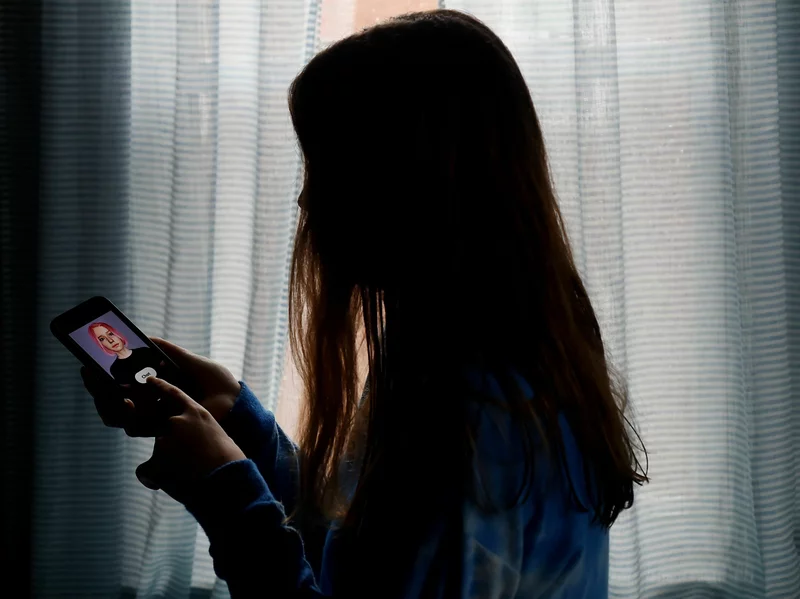Highlights
- Haidt’s book addresses the shift to a phone-based childhood existence.
- Teen girls spend 20 hours a week on social media, likened to a part-time job.
- The digital age is leading to an epidemic of mental illness among children.
- Haidt advocates delaying smartphone use until high school age.
In his forthcoming book “The Anxious Generation: How the Great Rewiring of Childhood Is Causing an Epidemic of Mental Illness,” social psychologist Professor Jonathan Haidt examines the profound changes in childhood brought about by the digital age.
According to a report by The New York Post, Haidt delves into the unsettling shift towards a “phone-based existence” that has, over the last decade, transformed childhood into something markedly less human.
Haidt’s Observations and Concerns

Professor Haidt points out a startling reality where teen girls are dedicating as much as 20 hours a week to social media, likening their engagement to a part-time job.
This digital engagement, as highlighted in his book set for release on March 26th, is leading to an array of mental health issues among children, including sleep and social deprivation, attention fragmentation, addiction, and a loss of spiritual connection.

“The great rewiring” of childhood, as Haidt describes it, is creating the most mentally troubled generation in history, with distinct effects on boys and girls. “Social media really does a number on girls,” Haidt tells The Post.
“It takes all the worst parts of middle school — social comparison, focusing on your looks, insecurity — and multiplies them by ten.”
For boys, the narrative shifts to a gradual disengagement from the real world, drawn into the realms of online pornography and video gaming.
This disconnection, according to Haidt, is accelerating as the allure of the virtual world grows.
A Call for Change

Amidst personal struggles with his own children’s screen time, Haidt advocates for delayed introduction to smartphones, suggesting parents hold off until their children are of high school age.
He also recommends keeping kids away from social media until they are 16, emphasizing the importance of real-world engagements and responsibilities over virtual activities.
Haidt is optimistic about the potential for rapid improvement, stressing that with collective action, the issues of digital overexposure and its impact on children’s mental health can be significantly mitigated.
“We can solve this problem most of the way within a year if we just work collectively,” he asserts, showing the power of community effort in addressing these challenges.
FAQs
Q: What is the main focus of Jonathan Haidt’s new book?
A: Jonathan Haidt’s upcoming book, “The Anxious Generation,” explores the significant impact the digital age, particularly smartphones and social media, has had on transforming childhood and contributing to a rise in mental illness among children.
Q: How does social media affect children according to the book?
A: The book reveals that children, especially teen girls, are spending excessive amounts of time on social media, which exacerbates issues like social comparison, insecurity, and attention fragmentation, leading to a mental health crisis.
Q: What solutions does Haidt propose for combating the negative effects of the digital age on children?
A: Haidt suggests several measures, including delaying the introduction of smartphones and social media until a child is in high school or older, engaging children in real-world activities, and fostering genuine relationships and responsibilities.
Q: How does the digital age impact boys differently than girls?
A: For boys, the book indicates a progressive withdrawal from the real world into virtual spaces, such as online gaming and pornography. This disengagement from real-life activities and interactions is contributing to a decline in mental health and well-being.
Q: Can parents really make a difference in addressing the challenges posed by the digital age?
A: Yes, according to Haidt, parents can play a crucial role by collectively taking action to limit children’s screen time, encouraging more physical and social activities, and delaying access to smartphones and social media. He believes significant improvement is possible within a year with concerted effort.
Also Read: How technology can be a game changer for mental health programme
Also Read: Children’s Animated Stories Possible through Create with Alexa
